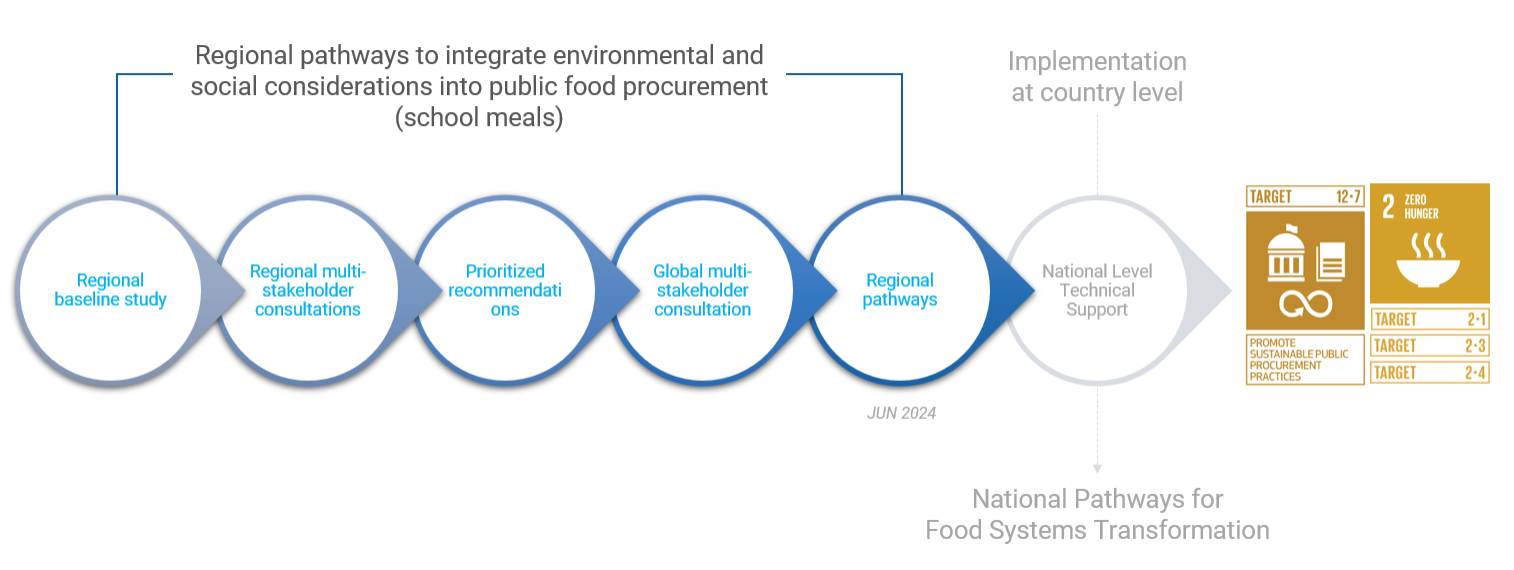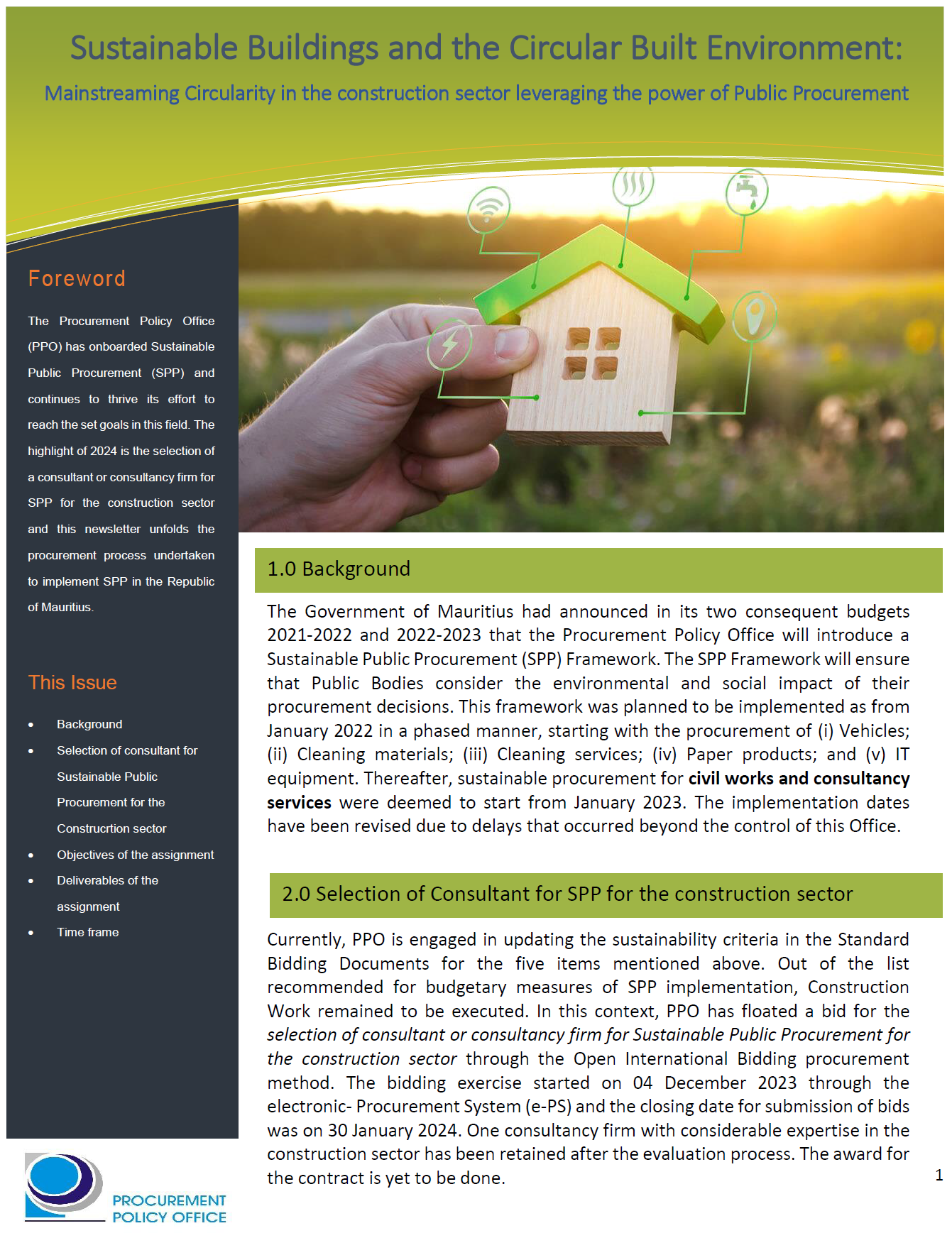The Hospital Food Standards Panel’s report on standards for food and drink in NHS hospitals
For most inpatients, nutritional care will be based on the food provided by the hospital Some patients with severe malnutrition will need nutritional supplements and there is good evidence that they can reduce complications and speed recovery. But nutritional supplements can often be avoided if the hospital can provide the right food to meet patients’ needs for recovery, wound healing and rehabilitation. This can have significant cost savings, as well as delivering a far better experience. The Hospital Food Standards Panel was set up to tackle this by examining existing food standards, advising on how they should be applied and monitored, and recommending further actions to maintain improvement in the future.
The Panel did not set out to produce new standards. To do so would have been to add to the already substantial burden of standards and potentially to obscure, rather than clarify what is expected. Rather, they identified potentially relevant standards and assessed them for their applicability to hospital food and catering services in England. Bringing a small number of highly relevant standards together in this way should make it easier for all involved to commission, provide and monitor food service. The Panel has identified a number of ‘required standards’ that should become routine practice in all hospitals. The aim is to improve food and drink across the NHS, so that everyone who eats there has a healthier food experience*, and so that everyone involved in its production is properly valued. The Panel has also made more general recommendations about how food and drink might be improved. These particularly concern the importance of continued action on food and drink, with an emphasis on flavour, taste and presentation.


